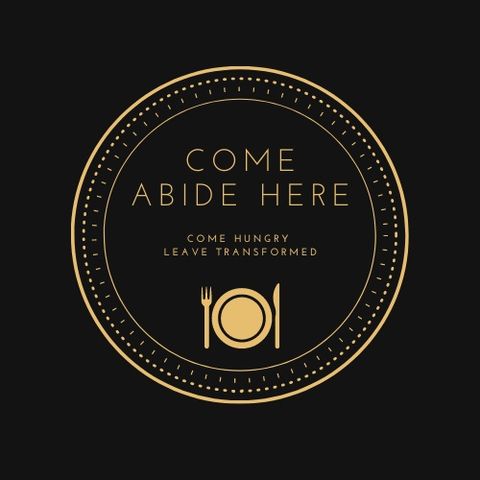What is Juneteenth to the American White Person_

Descarga y escucha en cualquier lugar
Descarga tus episodios favoritos y disfrútalos, ¡dondequiera que estés! Regístrate o inicia sesión ahora para acceder a la escucha sin conexión.
Descripción
The great Fredrick Douglass was asked to give the Fourth of July oration at Rochester’s Corinthian Hall on July 5, 1852. Noting the paradox of being an escaped slave asked...
mostra másNoting the paradox of being an escaped slave asked to speak of freedom when he, himself could be returned to enslavement, he asked the question, “What, to the American slave, is your 4th of July?”
Douglass’s question introduced a scathing indictment of the hypocrisy that defined the character of the United States as it declared liberty and justice for all while engaged in the massive crime against humanity of enslaving African people and their descendants (not to mention dispossessing indigenous peoples of their lands, liberties, and lives).
On September 22, 1862, just over 10 years later, President Abraham Lincoln issued the emancipation proclamation that declared enslaved people in the Confederacy to be free as of January 1, 1863.
Enslaved people in Texas were not informed of their free status until June 19, 1865 when Union troops rode into Galveston Bay, Texas and delivered the news. The enslaved people of Texas were the last to know that they were finally free. This day became known and celebrated as Juneteenth in African American communities.
In June, 2020, in the wake of George Floyd’s murder, Juneteenth finally came to national prominence in the United States. Nearly 170 years after Fredrick Douglass asked the powerful question, what is the Fourth of July to the American slave, we ask the question, what is Juneteenth to the American White person?
Our guest is Graham Salinger. Graham is a mediator, coach, and restorative justice practitioner who founded Salinger Coaching Solutions. His goal as a coach is to empower managers and their teams in the face of challenges impacting their work culture, morale, and performance.
Graham has run programs for juvenile offenders and school-based restorative justice projects as well as for public and private sector groups such as members of the Chamber of Commerce, Habitat for Humanity volunteers, and city employees.
He also sits on the board of a foundation working to strengthen opportunities for women and children in Sudan, South Sudan and Uganda through education, farming and small businesses capacity building.
Graham has a BA in Political Science and an MA in International Peace and Conflict Resolution.
We welcome you to Come Abide Here. Come Hungry/Leave Transformed.
Información
| Autor | Bathabile Mthombeni |
| Organización | Bathabile Mthombeni |
| Página web | - |
| Etiquetas |
Copyright 2024 - Spreaker Inc. an iHeartMedia Company
